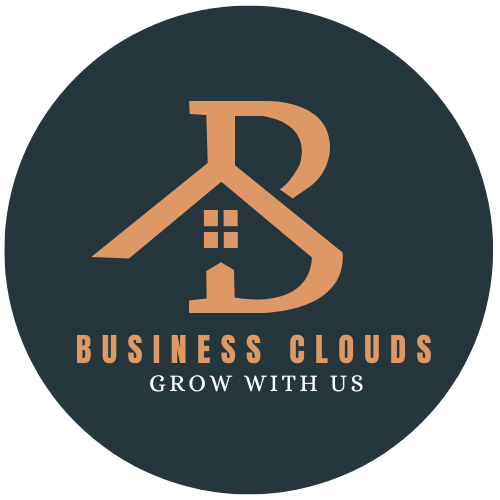To excel in public relations, team members often benefit from a combination of formal education, relevant certifications, and hands-on experience. While specific qualifications can vary based on the role and the organization's needs, here’s a general overview of educational qualifications and related credentials that are valuable for a PR team:
Formal Education
1. Bachelor’s Degree:-
- Public Relations:- Focuses on communication strategies, media relations, and crisis management.
- Communications:- Covers a broad range of communication skills, including writing, media relations, and public speaking.
- Journalism:- Provides strong writing skills and an understanding of media practices.
- Marketing:- Useful for understanding market dynamics and integrating PR with marketing strategies.
- Business Administration:- Offers insights into organizational management and strategic planning.
2. Master’s Degree (Optional but Beneficial):-
- Public Relations:- Advanced study in strategic PR, campaign management, and crisis communication.
- Communications:- Deepens understanding of communication theories and practices.
- Business Administration (MBA):- Provides a comprehensive view of business operations and strategic management, useful for senior PR roles.
Certifications and Professional Development
1. Certified Public Relations Professional (CPRP):-
- Offered by various professional bodies, this certification demonstrates expertise in PR practices and ethics.
2. Accreditation in Public Relations (APR):-
- Awarded by the Public Relations Society of America (PRSA), this certification signifies advanced knowledge and ethical practices in PR.
3. Certified Digital Marketing Professional (CDMP):-
- Useful for understanding digital marketing strategies, which are increasingly integrated with PR efforts.
4. Social Media Certifications:-
- Examples include certifications from platforms like Hootsuite, HubSpot, or Google Analytics, focusing on social media management and analytics.
5. Crisis Management Training:-
- Specialized courses or workshops on handling crises, essential for PR professionals dealing with high-stakes situations.
Skills and Experience:-
1. Internships and Practical Experience:-
- Hands-on experience through internships or entry-level positions is crucial for developing practical skills and understanding real-world PR dynamics.
2. Portfolio of Work:-
- Demonstrates proficiency in writing, media relations, and campaign management. A well-rounded portfolio includes press releases, media coverage examples, and campaign case studies.
3. Ongoing Professional Development:-
- Staying updated with the latest PR trends, tools, and best practices through workshops, seminars, and industry conferences.
Key Attributes for PR Professionals:-
1. Strong Communication Skills:-
- Excellent writing, speaking, and listening skills are fundamental.
2. Critical Thinking and Problem-Solving:-
- Ability to analyze situations and develop strategic solutions, especially during crises.
3. Creativity:-
- Innovative thinking for crafting compelling messages and campaigns.
4. Adaptability:-
- Ability to handle evolving trends and shifts in media landscapes.
By combining relevant education with practical experience and continuous learning, PR professionals can build a solid foundation for a successful career in public relations.

